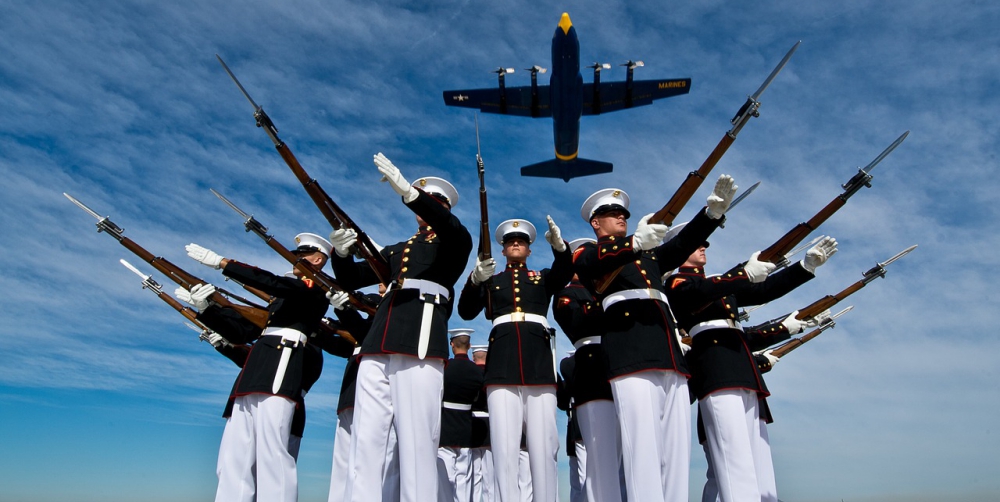
According to a recent announcement, AT&T has secured a new contract with the U.S. Navy and U.S. Marine Corps (USMC) to provide mobility solutions, services and devices for the two armed services branches.
The U.S. Navy awarded contracts potentially worth $993 million over 5 years for mobility services from a variety of carriers. As one of the awardees, AT&T can now compete to supply its advanced IoT and other connected technologies to the U.S. Navy and USMC. The company said in its announcement blog post that its goal is to help the U.S. Navy and USMC transform operations while supporting the modernization of their forces.
The contract reflects a rigorous set of data-driven requirements and processes for managing wireless services and providers that the U.S. Navy developed based on vast experience acquired over the last 10 years. The U.S. Navy and other defense and civilian agencies use the company’s highly secure, innovative connectivity solutions to accomplish many goals. These solutions include:
- Fleet Management and Asset Management solutions. These can help with efficiency, improved safety and cost savings for U.S. Naval and USMC fleet and assets across the U.S.
- Smart Base solutions that pair our network with IoT sensors to automate key systems on the base. These solutions can support water, energy and lighting management, public safety operations, perimeter security, transportation and more. They will help the branches operate more safely and efficiently and cut down on unnecessary costs.
"This contract underscores the U.S. Navy's commitment to modernize its forces," said Mike Leff, VP, Defense, AT&T Public Sector. "As a government-wide acquisition contract, it supports purchasing efficiencies for Department of Defense and civilian government agencies when they buy our innovative advanced technology solutions."
Ken Briodagh is a writer and editor with more than a decade of experience under his belt. He is in love with technology and if he had his druthers would beta test everything from shoe phones to flying cars.
Edited by
Ken Briodagh





